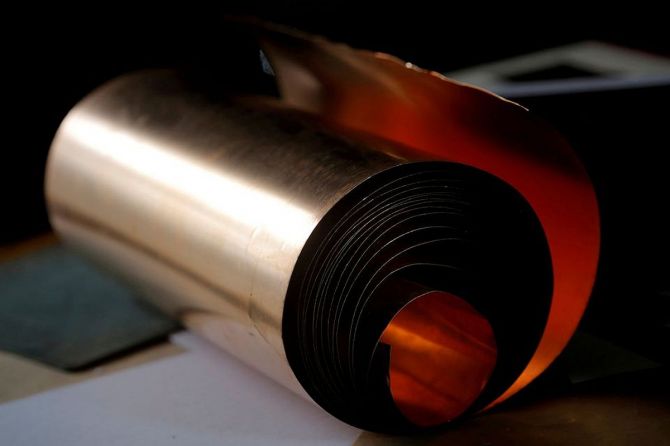The reopening of China has led to an ongoing readjustment of the global metals and commodities markets.

China has a massive production capacity surplus to its own domestic demand.
At the same time, it also has high domestic demand.
China is also becoming carbon sensitive.
The country’s data has not yet been released since China clubs January-February data together due to the New Year holiday period.
As a result, industrial metal prices have been volatile.
International steel manufacturers who were suffering from low demand, have started to hike prices.
Raw material costs have also soared.
This could start to impact margins for Indian steel producers from the first quarter of the 2023-24 financial year (Q1FY24) although margins should not be affected much during Q4 FY23.
High raw material prices will be a major concern for Indian steel producers through the first half of FY24.
In the last month, coal prices have risen by 15-20 per cent.
If domestic demand remains robust due to the infrastructure thrust of the 2023-24 Budget and due to the general uptick in macroeconomic activity, Indian metals producers may be able to hike prices and maintain margins.
Overall sentiments and guidance from the sector are positive but steel producers have flagged higher raw material prices as a concern and demand is yet to pick up in the rural sector.
Managements expect lower demand from two-wheeler manufacturers, due to weak sales, to be offset by strong demand from the construction sector.
Industrial metals prices spiked at the onset of the Ukraine War, which caused fears of global supply disruption since both nations are major producers.
Since then, slow global demand has led to corrections but prices generally started to bottom out and pick up again in the later part of the 2022 calendar year (CY).
Tata Steel which has strong market share in Europe through Corus, has projected weak quarters for Europe operations.
The Turkey earthquake may, however, lead to a surge in demand as reconstruction kicks off and it has caused supply chain stress since Turkey used to have exports of about 6 million tonnes of steel.
Meanwhile, aluminium appears to have bottomed out, and global inventories are extremely low, going by historical comparison.
This should mean a bounce in prices as China reopening stabilises.
Copper has seen a steady uptrend since Oct 22, though this has been a gradual rise rather than a sharp spike in prices.
Nickel is up as well while global inventory is low in copper as well.
Zinc has also been a net gainer in the last six months but it has also been very volatile.
Lead has, however, seen a correction through January this year.
Most Indian metal producers and miners are moderately valued if compared to their global peers.
The last 12 months (which includes the impact of the Ukraine War) has seen underperformance from most Indian metals stocks compared to the Nifty50 index.
This is in contrast to companies in the US and Japan which have done well, even in absolute terms.
Coal India and NMDC, however, have done well.
International prices will inevitably affect domestic prices, unless the government tinkers with tariffs to protect domestic producers.
There seems to be a return to cautious optimism about domestic metals stocks however, given the Budget and the projections that India will be the fastest growing economy in CY 2023.












 © 2025
© 2025